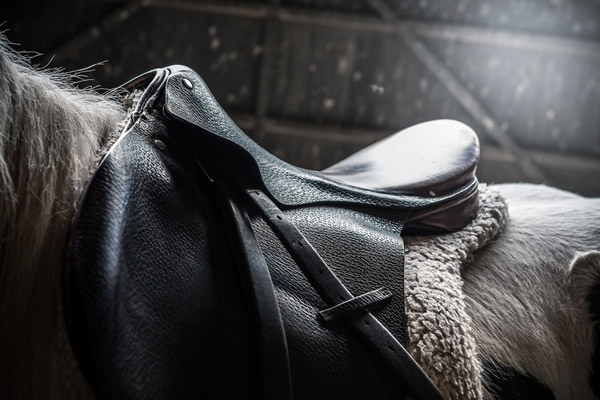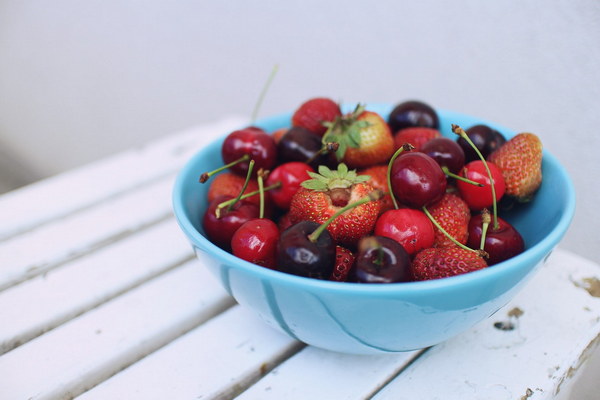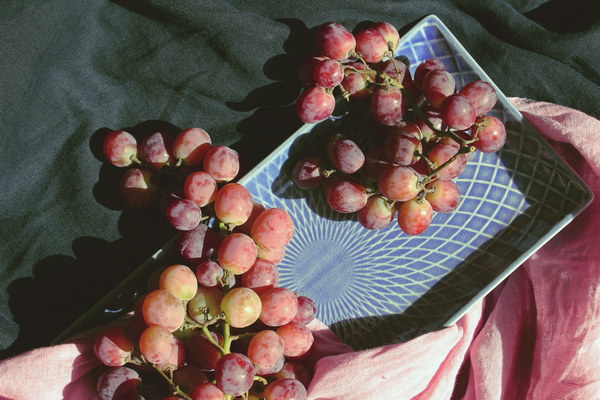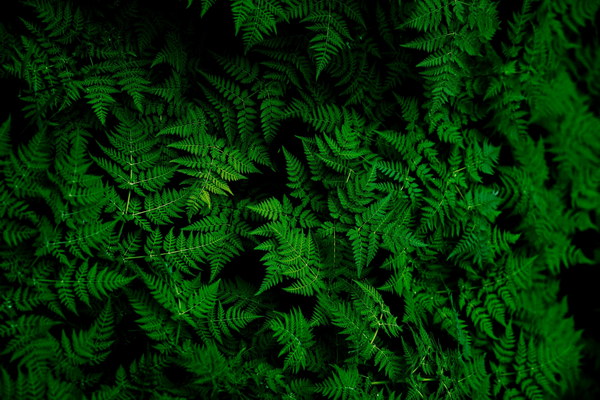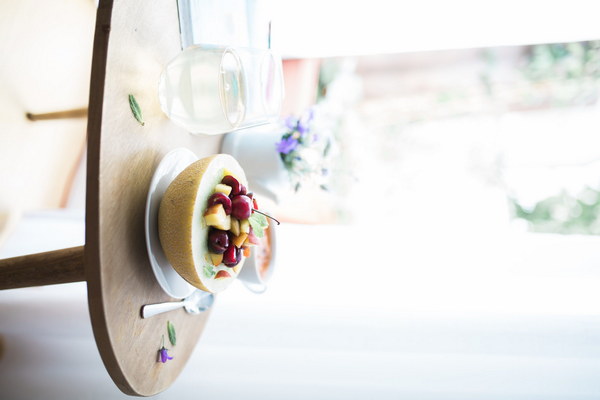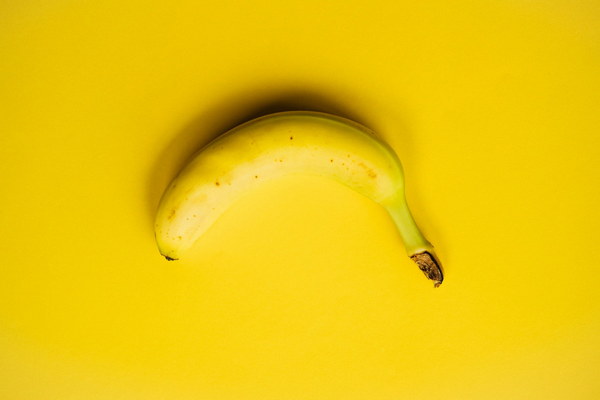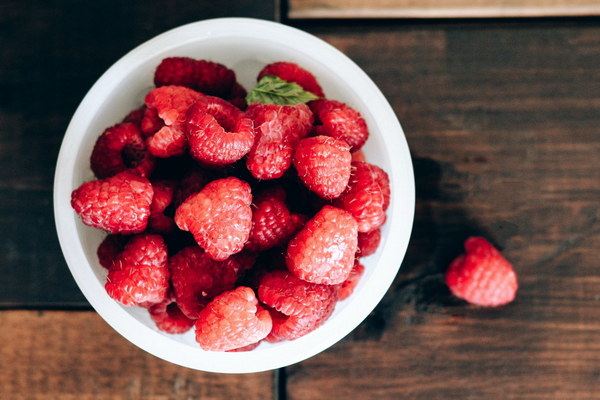Comparing Wugan Wan and Jiwei Xiaoshi Pian A Comprehensive Look at Their Differences
In the world of traditional Chinese medicine, there are numerous herbal remedies that promise to alleviate a wide range of health issues. Two of the most popular and commonly used are Wugan Wan (Gastric Nourishing Pill) and Jiwei Xiaoshi Pian (Gastrointestinal Digestive Tablet). While both are intended to address gastrointestinal problems, they have distinct differences in their composition, usage, and intended effects. Let's take a closer look at these differences to better understand which might be the right choice for your specific needs.
Composition
Wugan Wan is a traditional Chinese herbal formula that has been used for centuries. It is primarily composed of herbs such as Atractylodes macrocephala, Codonopsis pilosula, and Licorice root. These ingredients are believed to help nourish the stomach, improve digestion, and alleviate symptoms such as bloating, indigestion, and loss of appetite.
On the other hand, Jiwei Xiaoshi Pian is also a traditional Chinese medicine formulation, but it is specifically designed to treat gastrointestinal issues related to indigestion and overeating. It contains a combination of herbs such as Magnolia officinalis, Bupleurum chinense, and Pinellia ternata. These ingredients are thought to promote the digestion of food, reduce bloating, and ease symptoms like stomach pain and discomfort.
Usage
The dosage and usage of Wugan Wan and Jiwei Xiaoshi Pian may differ based on the severity of the symptoms and the individual's health condition. Wugan Wan is generally taken twice a day, with each dose containing approximately 4.5 grams of the herbal powder. It is often recommended to take the pill with warm water after meals.
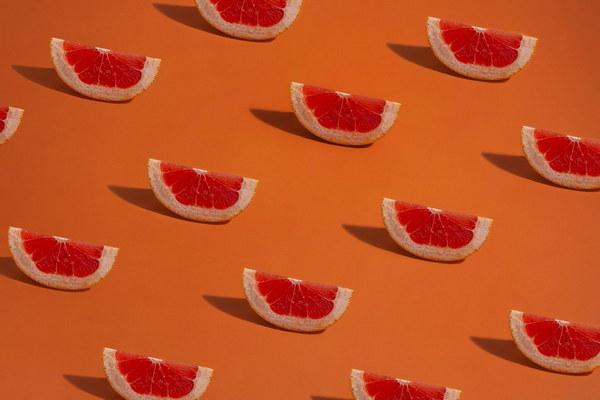
In contrast, Jiwei Xiaoshi Pian is usually taken three times a day, with each tablet containing about 0.3 grams of the herbal extract. It is typically recommended to take the tablet before meals or when experiencing symptoms of indigestion.
Intended Effects
Wugan Wan is primarily aimed at nourishing the stomach and promoting overall digestive health. It is often used for chronic conditions such as chronic gastritis, stomach ulcers, and general weakness of the digestive system. Its long-term use is encouraged to help strengthen the stomach and improve digestion.
Jiwei Xiaoshi Pian, on the other hand, is more focused on immediate relief from symptoms of indigestion and overeating. It is suitable for short-term use and can be taken as needed to alleviate bloating, stomach pain, and other related symptoms.
Side Effects and Contraindications
While both Wugan Wan and Jiwei Xiaoshi Pian are generally safe and well-tolerated, there may be some side effects or contraindications. Wugan Wan may cause mild gastrointestinal discomfort or allergic reactions in rare cases. Individuals with a known allergy to any of its ingredients or those with certain chronic diseases such as liver or kidney problems should consult a healthcare professional before taking this medication.
Similarly, Jiwei Xiaoshi Pian may cause side effects like nausea, vomiting, or diarrhea in some individuals. It should not be used by pregnant women, individuals with a history of gastrointestinal bleeding, or those taking blood-thinning medications.
Conclusion
In conclusion, Wugan Wan and Jiwei Xiaoshi Pian are both traditional Chinese medicine remedies that aim to address gastrointestinal issues. While Wugan Wan focuses on nourishing the stomach and improving long-term digestive health, Jiwei Xiaoshi Pian is designed for short-term relief of symptoms related to indigestion and overeating. It is essential to consider the composition, usage, intended effects, and potential side effects when choosing between these two herbal formulations. As always, consulting a healthcare professional is recommended before starting any new medication or supplement regimen.
